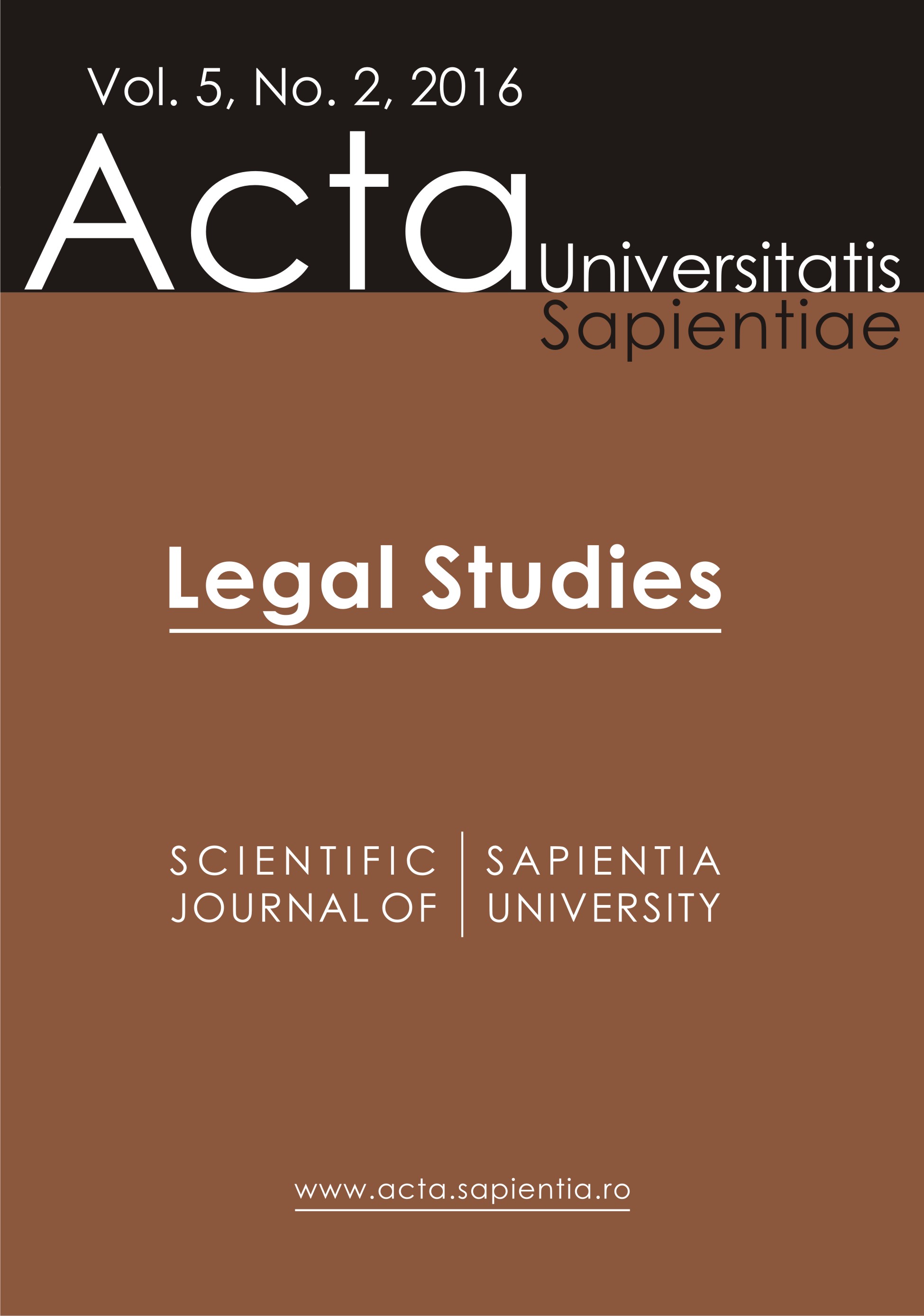Az ígérő jog Somló Juristische Grundlehréjében
The Concept of Promising Law in Felix Somló’s Juristische Grund-lehre (Basic theory of Law)
Author(s): Zsolt ZődiSubject(s): Law, Constitution, Jurisprudence, History of Law, Philosophy of Law
Published by: Scientia Kiadó
Keywords: Felix Somló; Juristische Grundlehre; promising law; Versprechensrecht; Georg Jellinek; Adolf Reinach
Summary/Abstract: Felix Somló is beyond doubt the “representative man” of Hungarian legal theory, and this is mainly due to his magnum opus, the 500 pages long Juristische Grundlehre. The unique feature of the work is, that it is using John Austin’s “command theory” of law as a theoretical basis, which, at that time was outstanding in the German Kulturkreis. Somló develops Austin’s theory in many respects. One of his main innovation is, that according to him, the law is not only comprising commands, but it also contains promises of the sovereign. The article deals with this part of the theory.In the first part I analyse the theoretical background of promising law. (Versprechensrecht). Here I demonstrate that although the promising law was a known notion in the German legal literature before, (e.g. from Jellinek ‘s theory of “self-obligation” of the state), Somló elaborated a unique theoretical construction, where he connected Jellinek’s theory with Reinach’s theory of social acts, and with Stammler’s theory of normative claim (Geltungsanspruch).In the second part the article recapitulates, and illustrates with figures how does the theory functions in different legal fields.In the third part I analyse the theory itself critically. Here my conclusion is, that the attempt to integrate the neo-Kantian methodological foundation with Austin’s concepts, and with the theory of social acts necessarily brought a huge internal tension to the theory. As a contrast at the end of the paper I shortly describe Herbert Hart’s attempt to exceed Austin’s theory, and the differences between his, and Somló’s theory.
Journal: Acta Universitatis Sapientiae, Legal Studies
- Issue Year: 5/2016
- Issue No: 2
- Page Range: 345-362
- Page Count: 18
- Language: Hungarian

